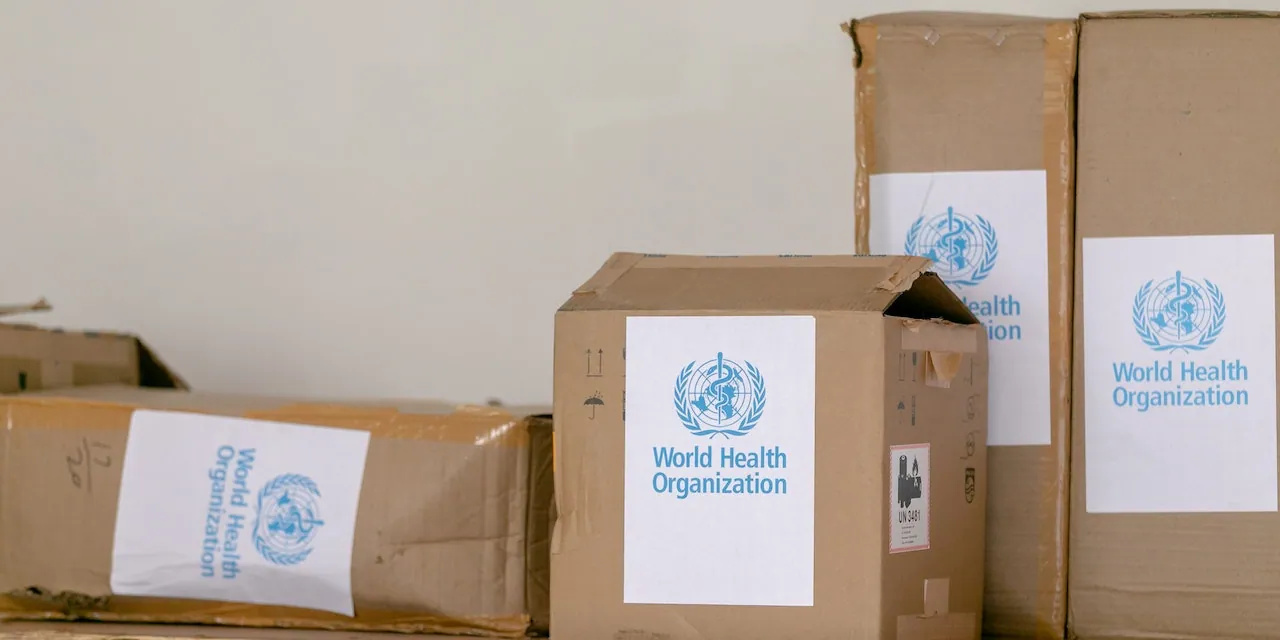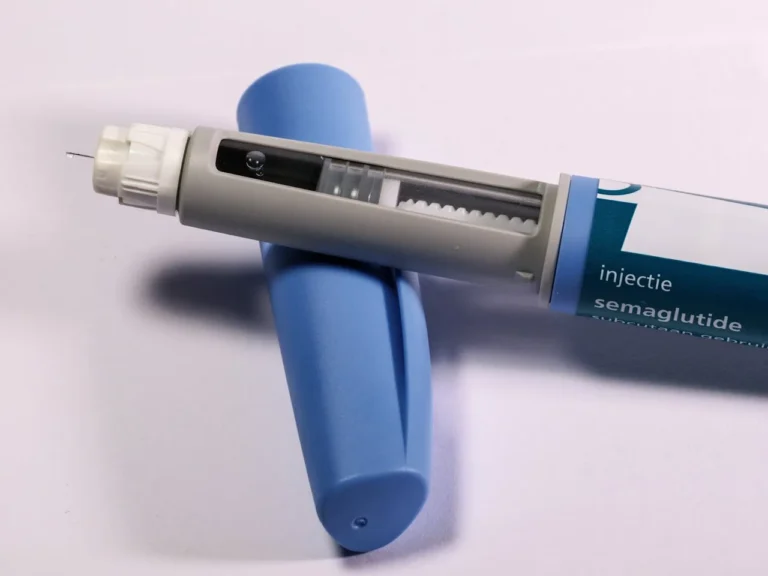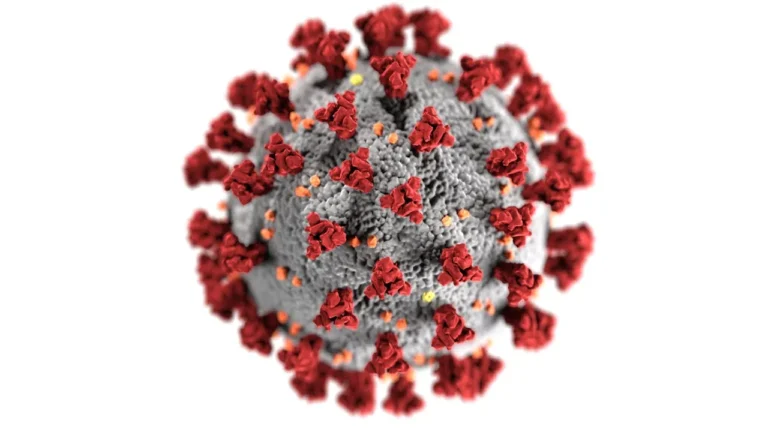
World Health Assembly recognizes WHO’s work on PRSEAH, calls for continued action
Australia (on behalf of 63 Member States from across WHO’s regions), Botswana (on behalf of the 47 African Region Member States), Israel, India, Indonesia, Timor-Leste, the United Kingdom of Great Britain and Northern Ireland, Kenya, the United States of America, South Africa, Maldives, Ecuador, Bangladesh and Peru all took the floor during a session that lasted more than one hour.
All speakers acknowledged the significant progress made by WHO in tackling sexual misconduct and welcomed both the new Policy on Addressing Sexual Misconduct (PASM), launched in March 2023, and the three-year strategy to prevent and respond to sexual misconduct, launched in January this year.
Member States highlighted the need for conclusion of the cases relating to the response to the 10th Ebola outbreak in the Democratic Republic of the Congo (2018-2019) including holding perpetrators to account and supporting victims and survivors comprehensively. They welcomed WHO’s transparency in publishing dashboards capturing both investigations and disciplinary actions taken.
Member States encouraged WHO to continue making progress and lead by example within the UN system. Member States stressed that preventing and responding to sexual misconduct is a shared responsibility and they will continue to support WHO in this effort.
Dr Gaya Gamhewage, Director, Prevention of and Response to Sexual Misconduct (PRS), speaking on behalf of the Secretariat, cautioned that the Organization was only at the beginning of a long and hard journey, and that many risks still existed, especially in health emergency response. She requested those Member States who were the most frequent implementing partners of WHO to collaborate more closely on PRS issues, and for donor Member States to dedicate funds for safeguarding against sexual misconduct in response operations.
WHO Director-General Dr Tedros Adhanom Ghebreyesus thanked Member States for their continued support and reiterated the four areas on which the WHO is focusing: changing the organizational structure, having safe and trusted reporting mechanisms in place, ensuring swift and credible investigations and setting deadlines for the end-to-end process (200 days), and following a victim and survivor-centered approach.
Source link:https://www.who.int/news




